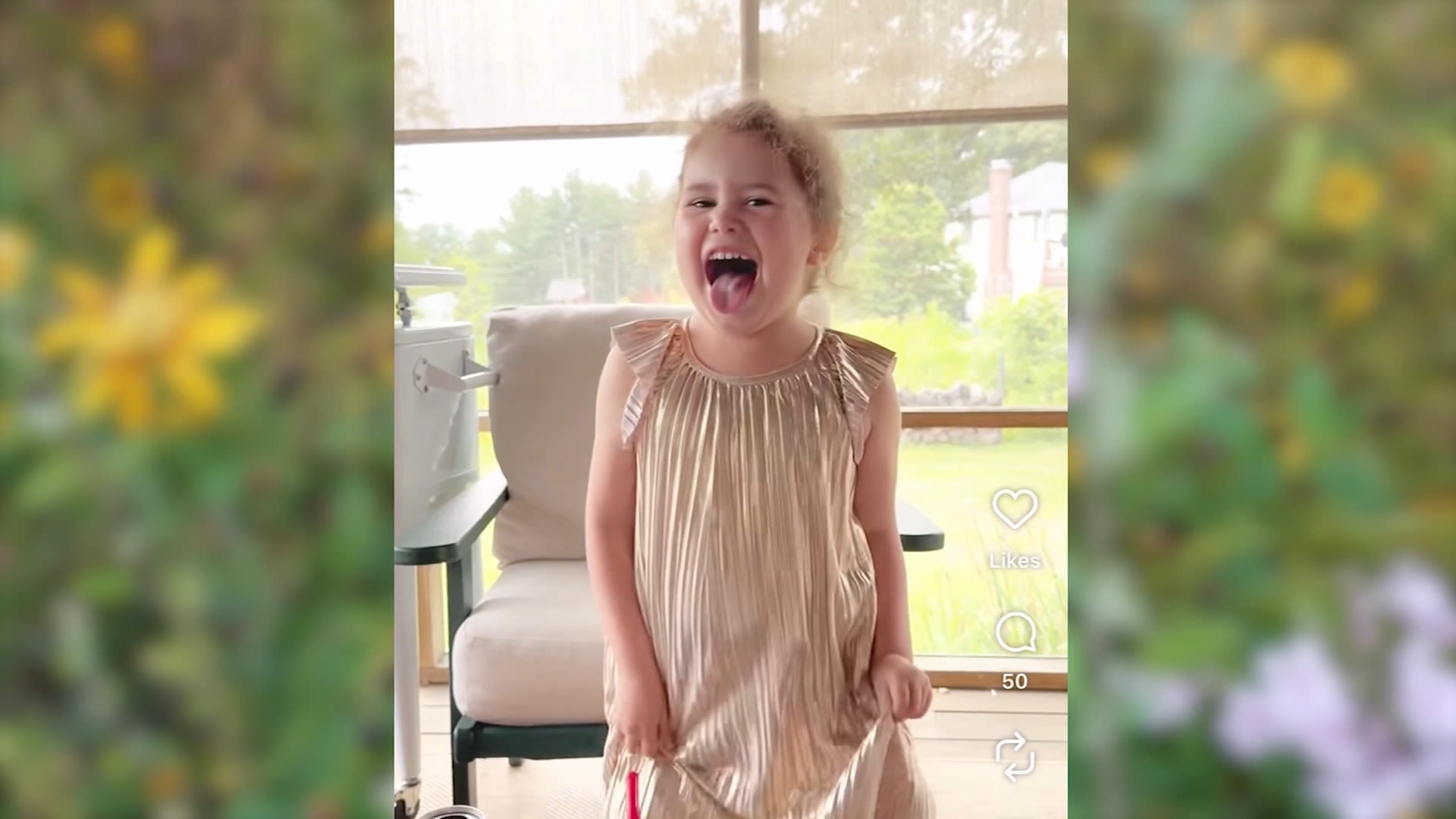The recent decision to defund the Pediatric Brain Tumor Consortium (PBTC) has left families grappling with the uncertainty of treatment options for pediatric brain cancer. This significant funding cut, announced by the National Cancer Institute (NCI), affects ongoing clinical trials crucial for children like 5-year-old Juliette Lesko, who is battling an incurable form of brain cancer known as ependymoma.
Juliette has undergone two brain surgeries, 30 sessions of radiation, and experienced two relapses. Currently, she is receiving an experimental drug, but her family will not know its effectiveness until her next brain scan, scheduled for later this month. If the scan indicates tumor growth, her father, Jim Lesko, emphasized the urgency for new treatment options. “We need to try something new, and we need to try it fast,” he told CNN.
Unfortunately, just as the Leskos sought information about a promising clinical trial in Texas, they learned that the PBTC would no longer accept new patients. “It’s like the rug has been pulled out from under us,” Jim Lesko expressed, highlighting the emotional toll of the situation. The PBTC has been a vital resource, providing access to experimental treatments for pediatric brain tumors for over two decades.
Impact of Funding Cuts on Research and Trials
The abrupt withdrawal of federal funding for the PBTC comes at a challenging time for cancer research. The NCI, which is a key player in the fight against cancer, has faced deep budget cuts and staffing losses, raising concerns among researchers about the future of cancer science. A spokesperson from the Department of Health and Human Services (HHS) stated that reallocating resources would allow for more effective use of funds, claiming that the trials would transition to another network focused on a broader range of pediatric cancers.
Yet, numerous pediatric oncologists and cancer advocates view this decision as detrimental. Dr. Eugene Hwang, a pediatric neuro-oncologist at Children’s National Hospital in Washington, DC, shared his concerns, saying, “Pediatric brain cancer was already a tough problem, and now it’s becoming harder — not because the cancer has gotten worse, but because our ability to do research has become limited.”
The immediate consequences are staggering: six PBTC clinical trials, including the one intended for Juliette, have ceased to enroll new patients. Patients currently involved in these studies may continue until March 31, 2026, when funding is projected to run out. This means upwards of 200 children may lose access to trials that were their last hope for innovative treatments.
Broader Implications for Pediatric Cancer Research
In addition to halting enrollment, the PBTC has delayed the commencement of two significant trials, one of which includes a vaccine-based treatment for pediatric brain cancer developed by Dr. Hwang and another pediatric oncologist. Originally scheduled to begin in July 2026, this trial now faces an uncertain future due to funding shortages. Dr. Hwang noted that despite scoring in the top 7% for NIH grants, the NCI announced it would only prioritize funding for the top 4% due to budget constraints.
This situation has raised alarms across the research community, particularly for rare pediatric cancers where sample sizes are limited. Collaboration is essential to gather sufficient data, yet the current funding environment complicates these efforts. The impact of this funding crisis is felt not only in halted trials but also in the broader landscape of pediatric cancer research, which has historically suffered from insufficient federal support.
Families, including the Leskos, are left feeling despondent and frustrated by the shifting landscape of treatment options. Jim Lesko reflected on the emotional rollercoaster, stating, “It’s more insulting than hurtful… for it to be taken a step further to say, ‘Oh, and some of the treatments that were available are abruptly no longer available’ goes beyond hurt.”
With over 1,000 signatures gathered, the National Brain Tumor Society plans to submit a petition urging the NCI to reconsider the decision to defund the PBTC. As families advocate for their children’s right to innovative treatments, the future of pediatric cancer research hangs in a precarious balance, demanding immediate attention and action from policymakers.
